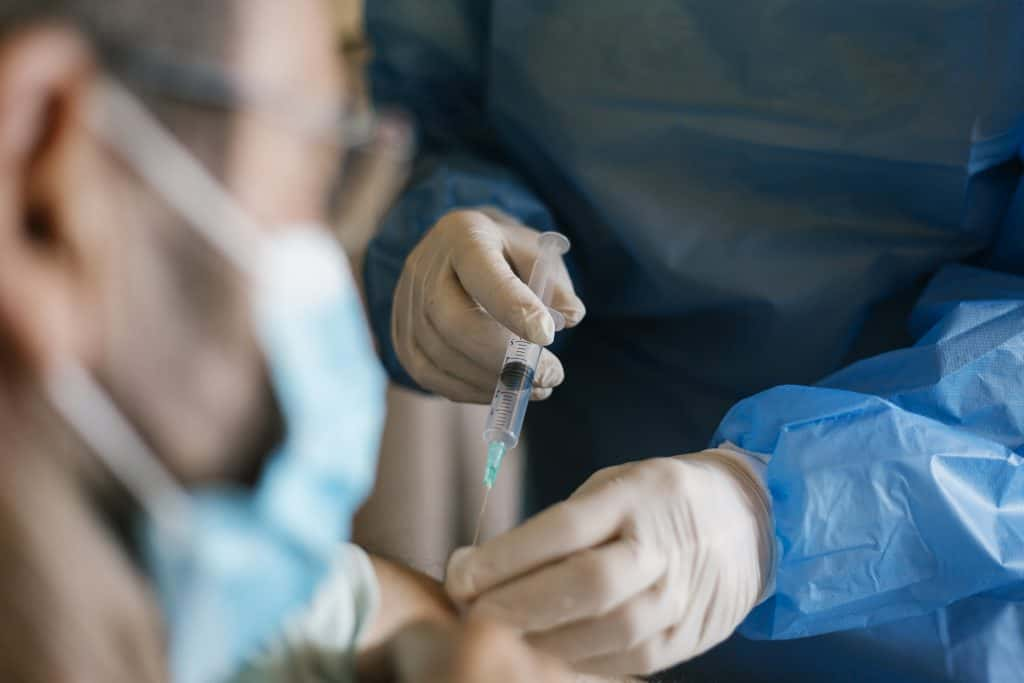The new COVID variant will be highly transmissible following the increasing cases and hospitalizations across the country.

Highly Transmissible New COVID Variant Responsible for Increasing Cases and Hospitalizations
The new COVID variant is reportedly highly transmissible and responsible for the continuously increasing cases and hospitalizations related to COVID-19, wherein the new COVID variant is expected to affect vulnerable groups more due to the lower temperatures.
According to a report published in US News, the new COVID variant is similar to the other variants and was initially reported as a minor concern in the healthcare industry; however, the new COVID variant became highly transmissible over time, which led to health experts mainly focusing on the new COVID variant.
With the new COVID variant, COVID-related cases have been increasing as well as hospitalizations due to how fast it can transfer from one individual to another and how severe it can be, which allows more COVID variants to mutate and cause even severe diseases and viruses.
READ ALSO: US COVID-19 Hospitalizations Continue To Increase Despite Updated COVID Shots And Boosters
Vulnerable Groups Encouraged to Take COVID Booster Shots Following Increasing Cases of New COVID Variant
Following the increasing cases of the new COVID variant, health experts encouraged vulnerable groups to take COVID booster shots to protect themselves from the virus and other diseases, Health reported.
However, there are still individuals who refuse to get COVID booster shots due to fear that it would only negatively affect them and their families despite the increasing cases due to the new COVID variant.
READ ALSO: New Covid Variant Emerges As Dominant Strain In U.S., But Uptake Of Updated Shots Lags Behind




